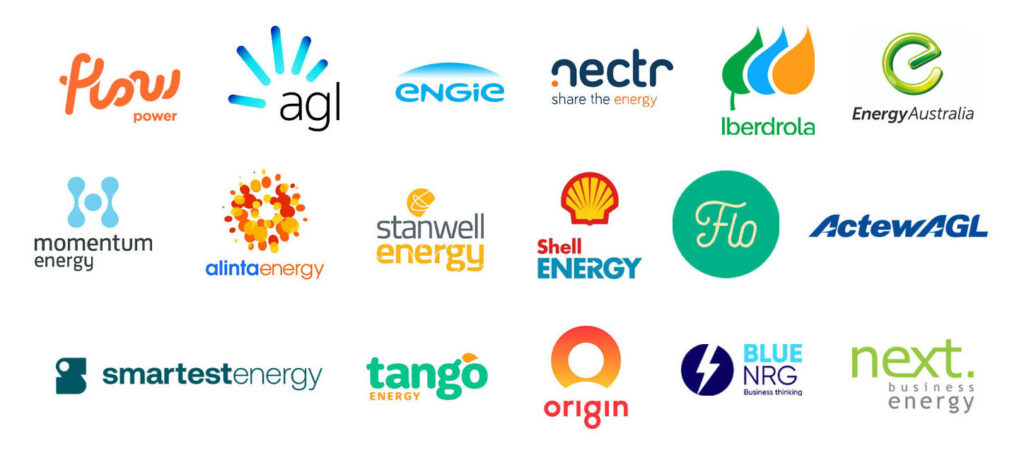The New South Wales Government is embarking on a $490 million plan to electrify the state’s motor vehicles, highlighting the benefits of a business hosting an electric vehicle charging station.
Under the New South Wales Electric Vehicle Strategy, the state government has set a target of 52 percent of vehicles on NSW roads to be electric vehicles by 2030 as the state pushes to reach its net zero targets by 2050.
Health benefits and reduced emissions are just some of the many benefits of electric vehicles.
But it is not just limited to our health and climate change.
The financial benefits of a business hosting an electric vehicle charging station include are becoming more apparent.
Businesses stand to gain by hosting an electric vehicle charging station
The New South Wales Government wants to install an EV charger every 100km along all major NSW highways, and every 5km in metropolitan corridors.
More visitors to your site
The biggest benefit of hosting EV fast chargers is that businesses can attract more customers to their premises.
As more drivers make the switch to electric vehicles, the availability of an EV charger is likely to determine where they stop to shop, eat and drink, or even park for work.
Locations without public EV fast charging may be overlooked by drivers in favour of venues and locations that offer charging stations, especially fast charging options.
Visitors spend more time at your site
Electric vehicle drivers usually spend between 15 minutes to an hour charging their vehicles at public EV fast chargers.
While the vehicle is being charged back up, many drivers and passengers go and get something to eat, go for a walk, visit shops and give children and pets some fresh air at nearby playgrounds and parks.
Greater visibility
EV drivers typically use smartphone apps as well as in-car navigation systems to find sites with EV chargers.
Add value to your site
If a business wants to host an EV fast-charging site, it will add value to the venue, at no investment cost.
In the future, revenue sharing may be negotiated between the site owner and the EV charging provider.
Show your customers that you support net-zero
Hosting EV charging shows motorists, customers, your tenants, and the community that your business or organisation is taking action to support new technologies and the environment.
What responsibilities will an EV charging station host have?
Dedicated parking spaces and land to host charging and electricity supply infrastructure. Access, preferably 24 hours a day, 7 days a week to the EV chargers, with advance notice of any temporary access restrictions.
Maintain amenities on the site, such as restrooms and lighting as well as surrounding areas. Manage any agreed parking enforcement at the site.
Typical responsibilities of a charging provider
Arrange and pay for all necessary permissions and electrical connections to install and operate EV charging.
Arrange, pay for and own the EV charging infrastructure, including all installation costs such as trenching, restoration of the site, installation of bollards, signage, and pavement markings.
Payment of all electricity used at the site for vehicle charging.
Collection of payment from EV drivers for charging and provision of support for EV drivers regarding EV charging and payment, such as a toll-free 1800 number.
Maintenance and repair of EV chargers.
Restoration of the site should the EV chargers be removed for any reason.
What are the prerequisites for a business hosting an EV charging station?
Parking spaces
For a site to be considered to host an EV charging station, a minimum of four car parking spots are required adjacent to each other.
These spaces must be accessible to electric vehicle drivers 24 hours a day and seven days a week.
EV charging sites must be well lit and provide good security and safety, especially when charging takes place at night.
Another important factor is the availability of good mobile phone service. The parking spaces must be reserved exclusively for electric vehicles so drivers can pull up, park, and charge their vehicles without issues.
The EV charging spaces must be clearly signed with pavement markings showing the parking space is reserved for EV charging only and have plenty of space around each parking spot for the EV driver to easily move around.
The ideal parking spaces are perpendicular (at right angles) to the traffic flow, but parallel parking spaces are also suitable.
Diagonal parking spaces are not recommended for EV charging but can be repainted as perpendicular parking spaces to host EV charging.
EV charging site amenities
Good quality amenities should be available adjacent or near potential sites that may attract EV drivers, to make it more appealing to motorists.
This includes restrooms, rest areas, and food outlets as well as easy walks, parks, and leisure facilities in the area that can be enjoyed by EV drivers and passengers.
Electricity supply
Parking spaces for EV charging should ideally be close to an existing electricity supply, including a transformer or switchboard.
This will minimise any trenching and cabling works that may be needed, keeping costs down for the EV charging provider.
If the location has plenty of spare electrical capacity, it will be good to go.
However, an upgrade to the existing electricity supply to your site may be required if there is not enough spare capacity.
The EV charging provider will investigate and pay for this.
Additional space may be required for a new transformer and communications equipment.
If the electrical connection upgrade is too expensive, the site may be deemed unsuitable.
All NSW Government funded fast-charging stations must be powered by 100% renewable power.
This could be either be generated on-site or through the purchase of renewable sourced energy.
Charger numbers at a site
Like fuel bowsers, chargers can have multiple charging plugs.
Each site will have a minimum of two chargers installed, which would allow four EVs to charge at the same time.
Most chargers installed as part of the program will be able to deliver charging at a rate of up to 350 kilowatts (kW) direct current.
This is up to seven times faster than many existing fast chargers in NSW.
Faster chargers will be able to cater to both current as well as future EV models, which are expected to require a faster rate of charging.
Today’s EVs will still be able to use fast chargers and will charge at the vehicle’s maximum charging rate.
Is your business interested in hosting an electric vehicle charging station?
As you can see, there are several benefits to hosting an electric vehicle charging station in your business location.
If you need advice about the suitability of your site as an electric vehicle charging station, call us obligation-free on 1300-852-770 or drop us an email at info@leadingedgeenergy.com.au and one of our Energy Management Consultants will get in touch with you.
We source, analyse, compare and rank commercial, industrial and multisite energy quotes. Obligation Free.
Chat with one of our experienced consultants today and get the insights your business needs to help manage the risks associated with volatile electricity and natural gas markets. Our energy procurement service is obligation-free and provides a time-saving way of securing lower energy rates from our panel of energy retailers.















